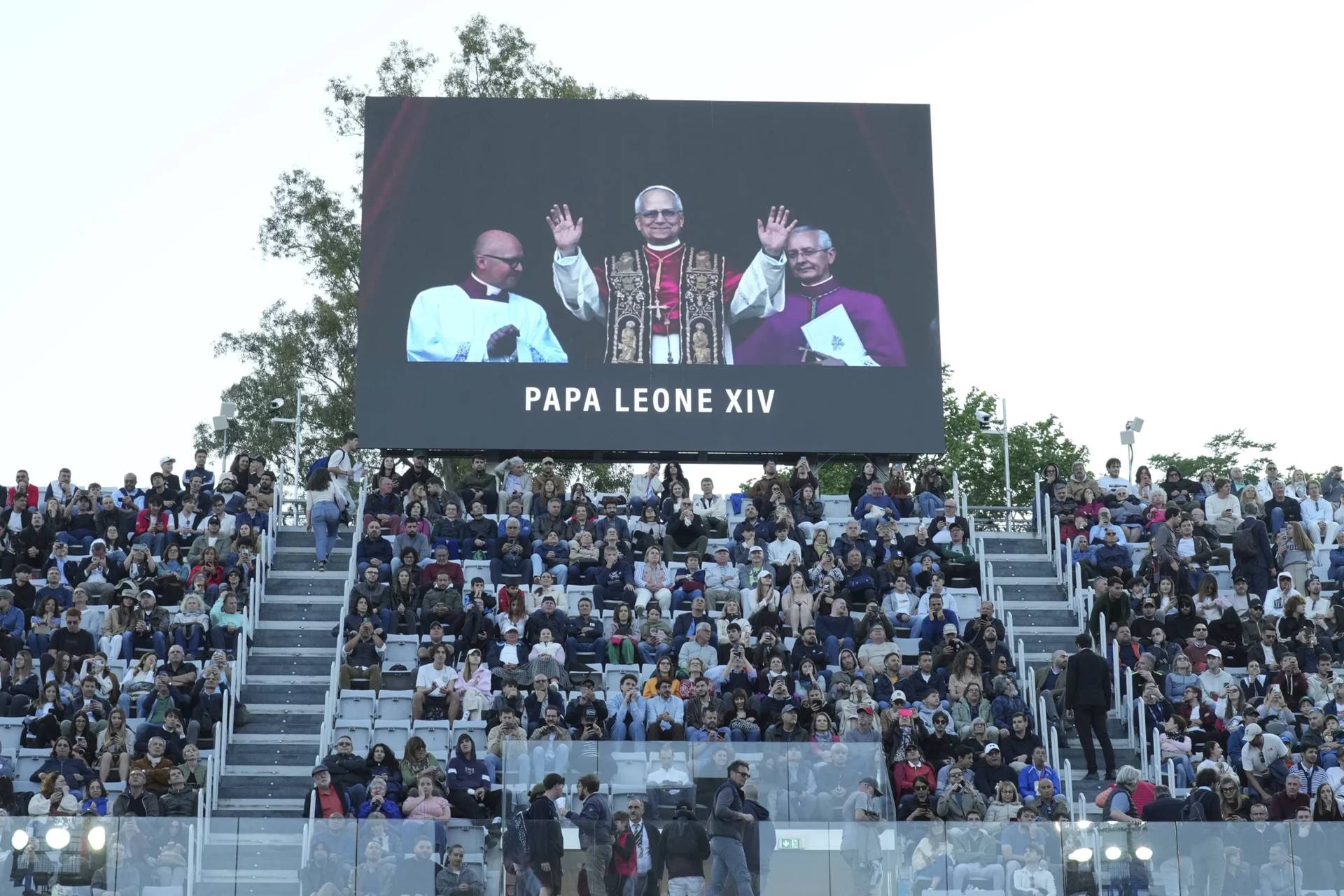ALBANY, New York — Dozens of people who say they were molested as children trekked to Albany on Tuesday to urge New York state lawmakers to allow victims to sue for decades-old abuse — and this time they are hopeful that the #MeToo movement will help their 11-year efforts reach a successful conclusion.
The Child Victims Act would extend criminal and civil statutes of limitations going forward and create a one-year window for victims to file civil lawsuits against their alleged abusers even if the current statute of limitations on civil suits has passed. The last provision is most contentious and is opposed by the Catholic Church, the Boy Scouts of America and other large institutions who say they could be financially devastated if the bill becomes law.
Victims blame Republicans in the state Senate for holding up the bill. It has passed the Democratic-led Assembly and has the support of Gov. Andrew Cuomo, a Democrat, who this year embedded it in his state budget proposal in attempt to gain leverage. On Tuesday one advocate for the bill set up three large signs outside the Capitol calling out Senate Leader John Flanagan, a Republican from Long Island.
RELATED: Bill spurred by Nassar case concerns Catholic Church
New York now has one of the most restrictive statutes of limitations on child molestation in the country, along with states including Mississippi and Alabama. Under current New York law, victims of child sexual abuse have until age 23 to pursue criminal charges or file lawsuits against their abusers.
The bill would raise the statute of limitations for criminal cases to 28 and increase the civil statute of limitations to age 50. Survivors say the one-year litigation window is also critical, because many victims aren’t capable of stepping forward until decades after the abuse.
“None of those survivors have access to any kind of recourse and that’s New York state’s fault,” said Kat Sullivan, who says a teacher and coach at an elite private school in Troy, New York, molested her as a girl. She then used a phrase that’s become a rallying cry for victims of sexual misconduct across the nation: “Time’s up.”
A spokesman for Flanagan did not respond to messages seeking comment on the bill’s prospects. Supporters point to the national attention on sexual misconduct, and to a recent meeting with Flanagan’s staff, as evidence of progress.
Proposed compromises in New York would extend the statute of limitations without creating the one-year civil litigation window.
“We believe compromise is there to be reached,” said Dennis Poust, a spokesman for the New York Catholic Conference.
Stephen Jimenez, who co-founded the group New Yorkers Against Hidden Predators, said he’s not willing to accept any version of the bill that leaves out the one-year window. A law in California, passed in 2002, resulted in Catholic dioceses there paying $1.2 billion in legal settlements.
“I’ve been coming to Albany for over 10 years,” he said. “We will not stop until we achieve victory.”


















